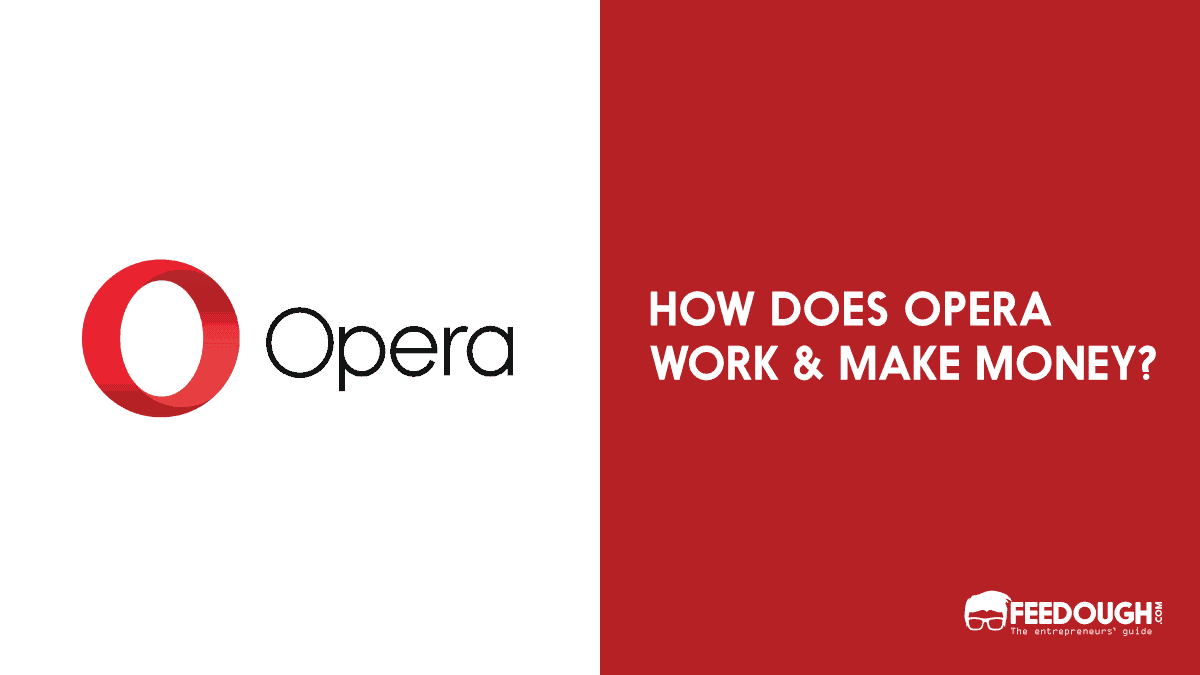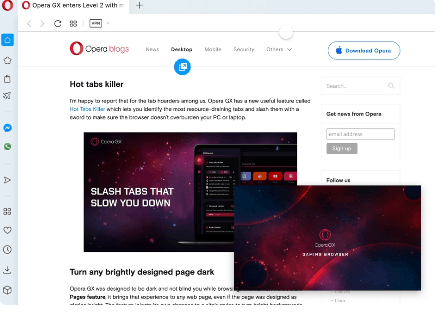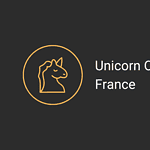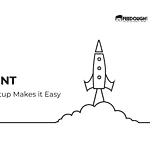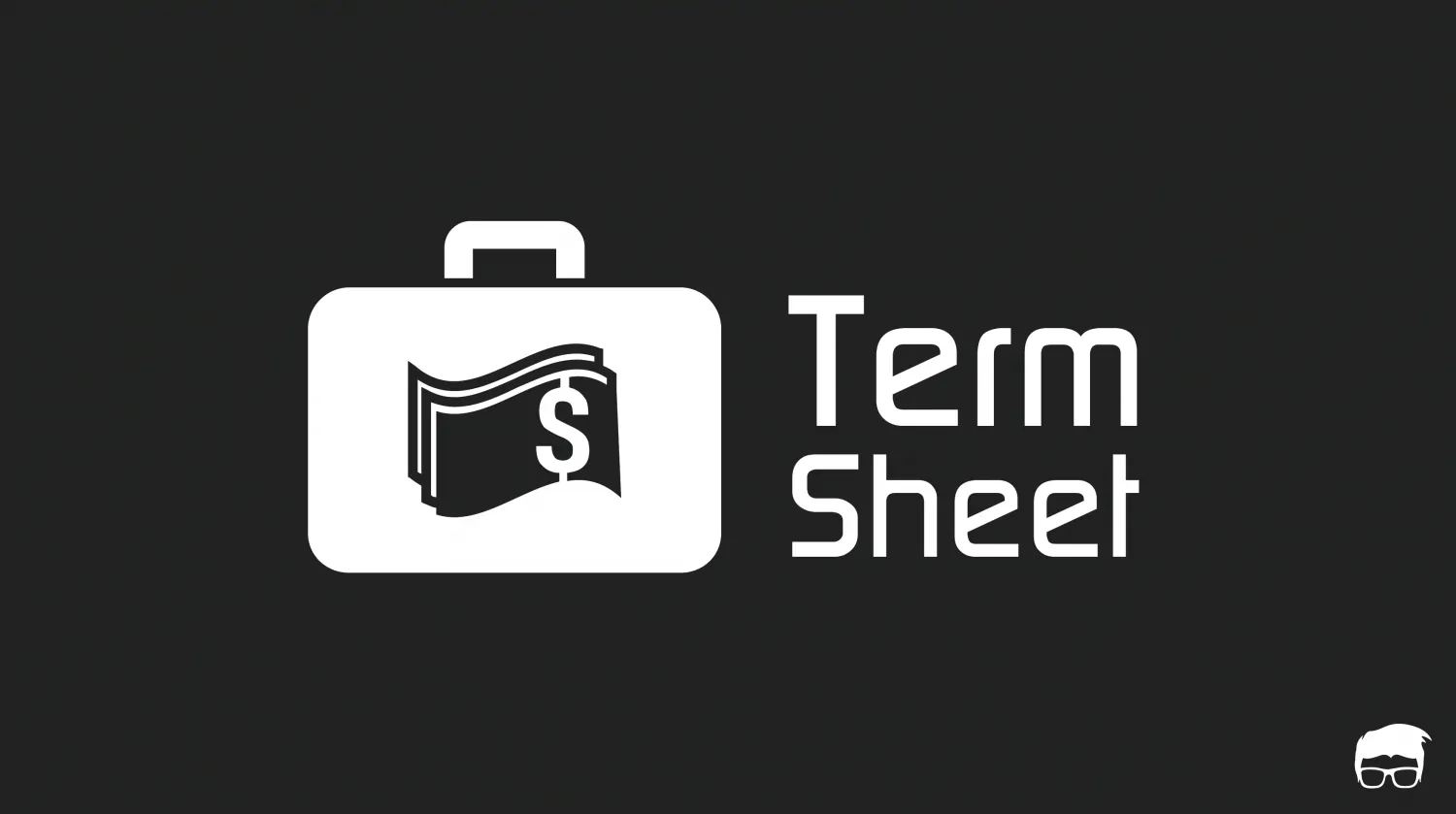No one is unfamiliar with the 3-dimensional red ‘O’ logo of the software company, Opera. Started as a browser-building firm in 1995, Opera has come a long way and has established itself as a diverse web solution provider.
Still, a confusing development is that almost everyone has seen Opera browser downloaded in their mobile phones or laptops but very few remember visiting its website or typing ‘Opera’ in their app store’s search bar. Who installed Opera on these devices?
The truth is that Opera installs itself. Since its launch in 1995, the company has walked on an utterly unconventional path. Opera’s business model is particularly unique and different from other business models.
So how does Opera work and make money? Let’s find out.
What is Opera?
Opera is a Norwegian software company that specialises in building browsers, providing fintech services, and developing other small offerings.
Founded as a browser-building software company in 1995 by Jon Stephenson von Tetzchner and Geir Ivarsøy, Opera diversified its business to other web and mobile solutions like fintech, advertising, news, etc.
In 2016, Golden Brick Silk Road Fund, a Chinese investing consortium, bought Opera’s web browser, performance and privacy apps, consumer business, and brand. The remaining, that is, games, advertising, and television units, formed Otello Corporation ASA.
While Otello has been providing Adtech solutions ever since, Opera has established itself as a steadily growing profitable business that builds more than just browsers. It launched a news app for African users in 2018. Opera ads also came into the market in 2019 to provide advertising solutions to small and big businesses.
Who Are Opera’s Customers?
Opera browsers are popular among people who own devices with less storage space, limited data availability, or slow network connection. Thus, Opera is gaining momentum in emerging economies where people cannot afford high-priced mobile phones or high-speed internet. Also, the Opera browser comes with a built-in VPN and is used by general people to access content that is blocked in their region. The company launched its gaming browser, Opera GX, in 2019, which appeals to gamers because of its utility and amazing features.
Opera also provides fintech and news services in developing countries, especially those in South Asia and Africa.
Besides end-users, Opera appeals to marketers as well. Both small businesses and big brands can use Opera to build content-rich ads and target them to the right users.
What Value Does Opera Provide?
As a compact browser, Opera offers fast browsing, acquires less space, and consumes limited data. It also has a turbo mode that boosts its speed and capability to save data. Besides this, Opera offers the benefits of safe browsing. It checks a website against the list of blacklisted phishing and malware websites to warn against suspicious behaviour and fraud.
Opera was a pioneer in the field of tabbed browsing. It is also one of the first to introduce a sidebar with integrated messengers. The browser comes with a built-in VPN which offers its users the utility of secure and private browsing.
Opera Mini aims at becoming a compact browsing, messaging, and sharing platform. It lets users share files with nearby devices even when offline. Moreover, the company has recently entered the gaming industry with its compact and fast browser, Opera GX, which offers good sound quality, faster controls, and amazing aesthetics.
Opera also aims at providing fintech services and internet facilities in developing countries like Nigeria, Kenya, etc. Besides presenting important news from around the world, Opera News offers people in underdeveloped countries the opportunity to publish their articles and make money out of them.
Brands and marketers also form a part of Opera’s customer base. It allows them to present ads that are high on content to 380 million+ Opera users.
How Does Opera Operate?
One can download the Opera browser by going to its official website. However, most Opera users find it pre-installed on their devices. This is because the company partners with Original Equipment Manufacturers, operating system companies, and User Interface owners to have its browser installed in devices even before their purchase. A noteworthy point is that Opera is usually installed on low-priced devices. Sometimes, Opera comes bundled with other freeware programmes and installs itself with them.
Opera’s mobile and desktop browsers direct their traffic to other search engines and offer several benefits to the users. It comes with privacy, data management tools, and adblockers to provide its end-users with a seamless browsing experience.

- Browser Extensions: Browser extensions customise web browsers and alter the ways users see a web page.
Opera is compatible with a long list of browser extensions or add ons. It includes ad blockers, YouTube enhancers, image search tools, readability enhancers, etc. - VPN: VPN, or Virtual Private Network, encrypts the internet traffic and routes it through a remote server so that websites see the server’s address instead of users’ own. Opera comes with a free inbuilt VPN that allows its users the luxury of secure browsing. Users can choose their preferred location and access the VPN even in a private browsing window.
- Adblocker: Opera has an inbuilt adblocker that lets its users extract the benefits of faster, cleaner, and less hindered browsing. They can also install ad-blocking extensions to improve the experience.
- Sidebar: One of Opera’s distinguishable features is its sidebar with built-in messengers like Facebook, WhatsApp, Instagram, and Twitter.
Some of its tools allow users to play music and transfer files between their mobiles and laptops. Users can customise the sidebar as per their preference. - Workspace: Opera allows its users to classify tabs in different groups or workspaces to access them with ease.
- Speed Dial: A user’s most visited websites appear as thumbnails on Opera’s speed dial.
One can organise the speed dial as per their preference. - Video Pop-out: This lets users stream videos in a pop-out window or picture-in-picture form.
- Snapshot: Opera’s desktop browser has a Snapshot tool present at the top of the screen. Users can click on it or press Ctrl+Shift+5 to capture their screens instantly.
They can frame, crop, and save the snapshot as an image or in PDF format on their devices. - Bar code scanner: Opera mobile comes with an inbuilt bar code scanner that helps users search products on the internet when only their barcodes are known.
- Visual Modes: Both mobile and desktop browsers allow users to choose between dark and light modes.
Users can also set their preferred colour temperature and adjust the brightness level. - Crypto Wallet: Opera is one of the first browsers to include a crypto wallet that allows users to hold and transfer their crypto tokens and collectables.
- Opera Forum and User Support: Opera maintains an active customer support division to assist its users in case of any query. They can also post their questions and interact with other users on the company’s forum.
Although Opera started with manufacturing browsers, it has changed over time to include more services for its users and partners. The company has collaborated with various service providers and built a network of partners to serve its customers effectively.
- Opera for Business: Opera has partnered with Google My Business to bring the benefits of digital marketing and online advertising to small businesses, big brands, and startups. It helps them reach a precisely targeted audience on Opera, Google, and Facebook. Opera’s Analytics lets them track their progress and improve according to their customers’ preferences.
- Opera News: Opera News app was rolled out in 2019 to provide its users with a short, engaging presentation of important national and international news.
Concerned about the development of underdeveloped African nations, the company launched Opera News Lite. The writers and content creators who publish articles here are paid for their services. - Opera’s Gaming Division: With the launch of Opera GX, the company has shown an interest to step into the gaming sector. In January 2021, Opera launched its gaming division by acquiring YoYo Games, the company which developed GameMaker Studio 2. Opera seems to be making heavy virtual gaming applications faster and more compact.
- Opera Fintech: Opera has been growing its micro-lending business in South Asian and African countries with apps like OPesa, OKash, and CashBean. It formed Nanobank by combining its microlending business with Mobimagic in 2020. With the merger and acquisition of fintech enterprises, Pocosys, and Fjord Bank, the company stepped into the European fintech industry. It has joined the EU’s Emerging Payments Association and announced the launch of its first fintech startup, Dify.
- Hype: Hype is a chat service built into Opera Mini’s Interface. To offer a seamless experience to users in underdeveloped African countries, the company aims to make Opera Mini a compact all-in-one app. For this, Hype is integrated into it.
How Does Opera Make Money?
Opera is a profitable business that has been growing its customer base and revenue consistently. In the fourth quarter of 2020, Opera’s net income reached $25.4 million as opposed to $22 million in the fourth quarter of 2019. Despite the tremendous increase in its operating budget, the company continues to grow.
How Does Opera Earn?
Opera generates a major part of its revenue by selling its software products and developing advertising solutions for brands and businesses. It has partnered with various organisations to provide its services to users.
- Opera Browsers: Opera launched itself as a browser-making company and monetised the business. Although its desktop and mobile browsers are available free of charge, Opera partners with other tech companies to deliver services and earns from those partnerships.
- Search partners: Opera directs its traffic to search engines like Google, Yandex, and DuckDuckGo. Although its default search engine is Google, users can change it as per their preference. Also, Opera browser has integrated search and shopping bars to serve the needs of its partners like Facebook, Flipkart, and Amazon.
- Partnerships with OEMs, OS manufacturers, and UI owners: Opera signs service contracts and licenses its applications to Original Equipment Manufacturers (OEMs), Operating System manufacturers, and User Interface owners. The company also charges for customer service, upgradation of rights, and new releases.
- Advertising Partners: A considerable percentage of Opera’s revenue comes from the advertisements it displays on browsers and the news app. Opera for business allows small businesses and brands to reach Opera, Google, and Facebook users and helps the company earn in the process.
- Fintech: The share of Opera’s revenue from fintech has been increasing in the past years. Its online microlending business earned it $71.9 million in the fourth quarter of 2019. In the last quarter of 2020, Nanobank announced revenue of $46 million.
- Gaming: Opera is trying to consolidate its position in the gaming industry through Opera GX browser and YoYo Games. While Opera GX doesn’t charge its users, the acquisition of YoYo Games is bound to be profitable for Opera.
How Does Opera Spend?
Opera is growing its business to sectors other than browsing and, at the same time, enhancing its utility. For this, it undertakes huge expenditure on an annual basis.
- General and Administrative Costs: Opera incurs costs like rent, insurance, legal fees, utilities, and salaries in the everyday operation of its business. They are included under this category.
- Growth and Maintenance of Opera Browsers: The company aims at making Opera browsers more utilitarian and compact. It also maintains a strong customer support division to attend to its users’ queries.
- Expansion and Consolidation: Opera has been expanding its business to other internet services than browsers like news, adtech, fintech, etc. For this, it is launching its startups and acquiring others’ businesses, a development that has largely contributed to Opera’s growing expenditure.
- Gaming: Opera’s gaming division is currently in its infancy and requires huge capital. Thus, the company allocates its resources in favor of this development.
- Fintech: Opera’s expansion into the European lending sector is marked by its acquisition of Pocosys and Fjord Bank. These deals cost a lot, but the company wants to integrate its browser and fintech businesses for which such investments are necessary.
- Opera News: Although it’s been some time since the launch of Opera News, the company hasn’t consolidated itself in the infotainment industry.
- Payment for Opera News Articles: Opera pays content writers in developing African countries like Nigeria and Kenya to publish articles on Opera News, a programme initiated to build its user base and herald development in these nations.
Opera has been targeting emerging markets since its start in 1995. It has attempted to tailor its services to suit them and has succeeded in doing so. Opera browser, news, and even fintech cater to the developing world.
Opera browsers are great for first-world countries as well. However, since better substitutes are available and Opera browser isn’t integrated with an Operating System (for instance, Microsoft Edge is embedded in Windows), people don’t prefer it. Also, the company has earned a bad reputation for installing itself without users’ consent.
Lately, Opera has been trying to build itself as a brand that offers diverse internet services. Moreover, the company is trying to consolidate its position in the developing African and Asian markets by providing technological solutions like news and fintech tailored to their needs.
In the beginning of 2020, Hindenburg’s Research questioned Opera’s micro-lending business in Africa and South Asia and accused it of engaging in predatory lending (high-interest short-term loans typically granted to abuse the receiver). Opera denied the allegations, but the controversy was a blow to its rising share price at the time. Nevertheless, the company persists in the market and continues to grow.
Go On, Tell Us What You Think!
Did we miss something? Come on! Tell us what you think about our article on Opera business model in the comments section.
A finance enthusiast, literature beau and lifelong learner. Working her way up the success ladder and her personal philosophy textbook, Kavvya believes that a good conversation is worth more than a good book. When not working, she can be found reading, writing and engaging in long walks.
